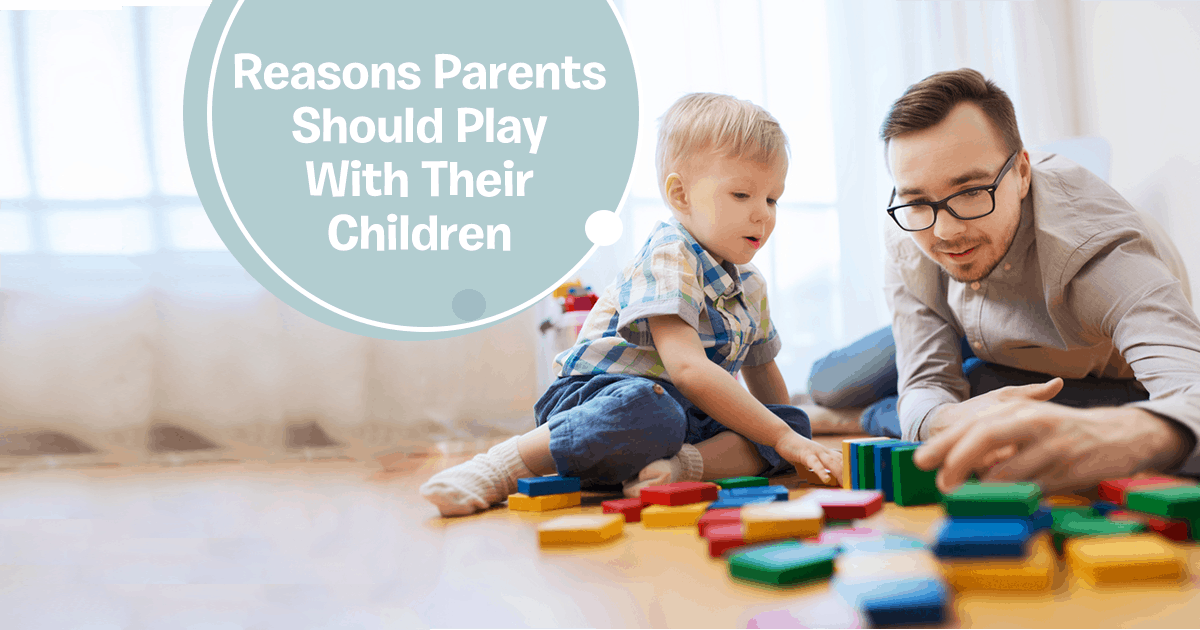
While learning to play independently is important, children love playing with others, especially their parents. They crave time with their parents and since play comes naturally to them, it is a great opportunity to get to know your child better and teach new skills authentically.
Your children are unique. There's no one else like them. They have their own preferences, their own quirks, their own mannerisms, their own little features that make them the person that they are. Getting to know them better is one of the most fulfilling parts of parenthood, and there is no better way to get to know them than when they're at work--when they're playing.
If you think they don't want to welcome you when they're playing, think again. They do want you there. In fact, they need you there.
For a child, a parent is the best person in the world. How often do you hear them say they want to be like mom or dad when asked what they want to be when they grow up? Trying to engage with them in their world will mean happiness and contentment for them. Also, when you play with them, you are introducing bits and parts of yourself to them, while fitting into their little world. This gives them the perception of what an adult is like and that fun and activity never really stop even when a person grows up. Also, the mature kind of interaction you get to offer them develops their ability to give structure to their interactions with other people.
With a demanding schedule and a fast-paced lifestyle, you're going to want to fit every available moment to spend with your kids. Moments are fleeting and if you don't pay attention, they'll just grow up right before your eyes, with their precious childhood all tucked in the yesteryears. Cherish each second and spend time with them--even if it means getting silly and perky to play with them.
If you have just one child, then it goes without saying that your child is often just on their own. Some kids function in solitude, some don't. And even if they do enjoy playing with themselves, it's also important that they get to interact with others so they can hone their social skills. Finding a playmate, though, is easier said than done. Even kids who have siblings don't want to play with each other at times. These days, it's particularly harder to organize playgroups. What's the best resort for this then? You. You, their parent, should be their playmate. Being there for them when no one else is, gives them that sense of security--the assurance of your constant presence in their lives.
How often do you play with your kids? How do you make sure that you have time for them? What do you often do when you play with them?